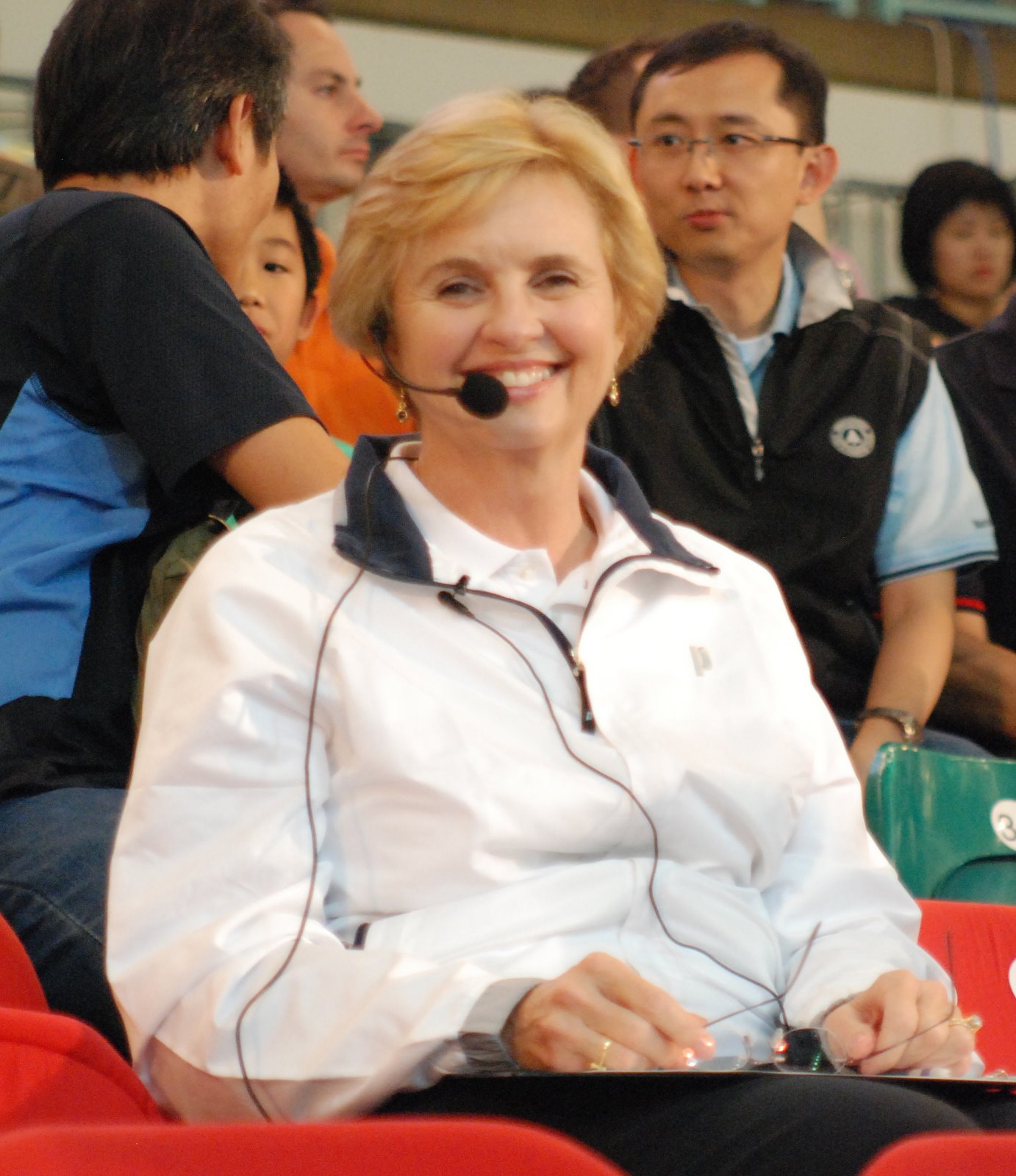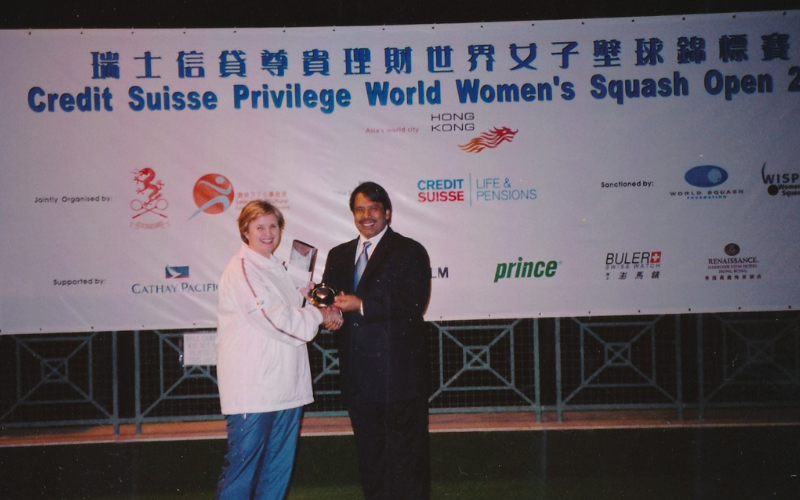Gender is no issue in refereeing if you want to contribute to the sport
Published Fri 24 Sep 2021
Referees play a huge part in the game, even though their efforts and preparation get sometimes overlooked. As we continue to recognise the achievements of the women in the Australian squash community, today we discuss the importance of this role with squash referee Chris Sinclair, who has over 30 years of experience at community level and also got to officiate at the top level of the sport.
“My career highlights are easy to remember - seeing squash players marching in squash’s first Commonwealth Games, followed by refereeing squash’s gold medal match,” Sinclair said.
“But I initially became a referee to understand the rules of squash. Then it became something I really enjoyed. I can’t play at world-standard, but this is a way to play my part in the sport I love.”
A genuine desire to give back to the sport is what motivates many individuals to start their journey towards refereeing. Sinclair said that the squash community is a close-knit group that always welcomes people who want to make a contribution.
“Refereeing numbers are relatively low, so it’s easy to get to know the community. Squash needs both players and referees and will welcome you as both.
“Ours is a unique sport in that during local competitions players referee their peers and team members, so the skills of playing and refereeing grow together,” she said.
Sinclair agreed that it’s important to continue to celebrate women in squash and their sporting achievements, but when it comes down to refereeing, ultimately gender is of little consequence.
“There are fabulous role models in squash - look at the playing records of Heather McKay, Michelle Martin and Sarah Fitz-Gerald, ‘ordinary’ women who worked and trained hard to earn themselves ‘extraordinary’ squash careers.
“Still, a referee is a referee. It’s not defined by gender, but by ability, and the sport doesn’t discriminate between the genders.”
Yet evidence suggests that young women seem more likely to drop off the sport in their late teen years. Sinclair said squash centres and associations have an important role to play in advising young women of available competition and social play opportunities to keep them engaged with the sport.
“Recognition for achievements is also important,” she said. “We need to show girls of all ages that there is a pathway through junior competition to senior competition, and that whilst not everyone will become world champions, there is a place for everyone, no matter their standard.”
“There are different ways you can contribute to the sport and refereeing is one of them,” continued Sinclair, offering valuable advice to young people who might be interested in pursuing that career.
“Be proactive. Find a mentor and take that first step.
“Referees get the best seats, and you too could be refereeing World Championships and Commonwealth Games finals. Refereeing has taken me overseas about 60 times to about 30 countries, from Zambia to the United Kingdom.
“Of course, it’s something that you need to enjoy, foremost. Realise you will make errors, but you will learn from your mistakes and the sun will still come up tomorrow. Ultimately you’ll be defined by your genuine desire to contribute to sport,” she said.
Pictures (top to bottom): Chris Sinclair being presented with the Squash Australia Distinguished Service Award in 2010 / Refereeing the Hong Kong Open final / Presentation from squash legend Jahangir Khan for refereeing a World Open final






